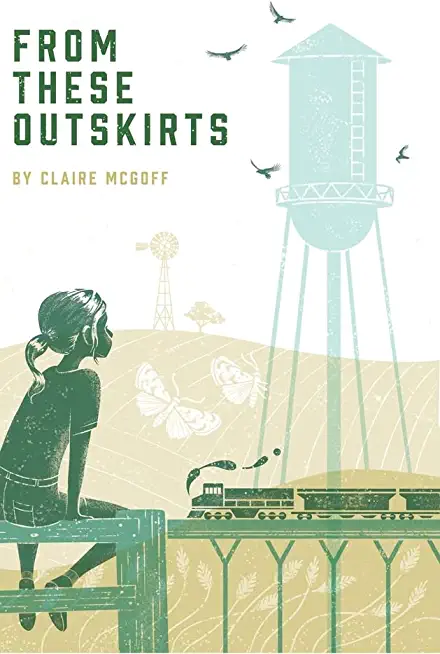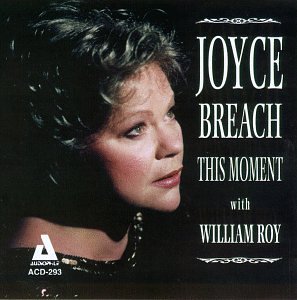
description
2Here is a book that takes us into shadow realms and fiercely lit landscapes bearing "the sign of the human." Set at the edges of small western towns, these lyric stories bring both reach and depth to the ordinary, and music to the sometimes tragic losses there. A grain elevator, a burned and abandoned trestle, a still-standing empty water tower-these and other icons take on a solemnity and beauty that is both unexpected and inevitable in these poems. And here too is joy, unanticipated and lovely.-Betty Adcock, author of Rough Fugue
The poems in this moving book draw from two worlds, one that is stark and wounded, and another that carries in it the wounds, and also the wonders, from the first. The result is a wise and satisfying reconciliation, and a clear sense that love has the power to return and redress. That is one of poetry's greatest charges: to imagine art can span time and distance with an honest eye and the balm of affection, and then to prove it.-Maurice Manning, author of Railsplitter
Claire McGoff's debut collection, From These Outskirts, begins with the familiar: an image of an old woman at the cauldron. Resisting fear, the speaker looks again. And she sees home there, the hearth and the elders. She edges closer and feels the urge to go back to them. It is literally from these outskirts of the known that the poet journeys back to her source, the boiling alchemy from which her stories and sensibilities began. The gentleness of this poet's work is as enormously reassuring as it is discerning and hard-won. She asks, "What makes a long marriage, /a long marriage?" Gentleness seeming always to be the answer to her questions. And she concludes, "Tell...all the goodness I remember." Some of these poems are as achieved as anything I have read in years. "White Sand," "Three Kitchens," "Slipknot," and "Mr. Tate," with their conflation of calm and frenzy, concoct a life which includes many dangerous alleys and passageways, but where "all lines go soft in the yellow light." It is a dazzling debut, and I am deeply moved by not only the quality of the writing, but by the character of the one who bravely arises from the cauldron of this project, from the vessel of each of these words.-David Keplinger, author of The World to Come
The poems in this moving book draw from two worlds, one that is stark and wounded, and another that carries in it the wounds, and also the wonders, from the first. The result is a wise and satisfying reconciliation, and a clear sense that love has the power to return and redress. That is one of poetry's greatest charges: to imagine art can span time and distance with an honest eye and the balm of affection, and then to prove it.-Maurice Manning, author of Railsplitter
Claire McGoff's debut collection, From These Outskirts, begins with the familiar: an image of an old woman at the cauldron. Resisting fear, the speaker looks again. And she sees home there, the hearth and the elders. She edges closer and feels the urge to go back to them. It is literally from these outskirts of the known that the poet journeys back to her source, the boiling alchemy from which her stories and sensibilities began. The gentleness of this poet's work is as enormously reassuring as it is discerning and hard-won. She asks, "What makes a long marriage, /a long marriage?" Gentleness seeming always to be the answer to her questions. And she concludes, "Tell...all the goodness I remember." Some of these poems are as achieved as anything I have read in years. "White Sand," "Three Kitchens," "Slipknot," and "Mr. Tate," with their conflation of calm and frenzy, concoct a life which includes many dangerous alleys and passageways, but where "all lines go soft in the yellow light." It is a dazzling debut, and I am deeply moved by not only the quality of the writing, but by the character of the one who bravely arises from the cauldron of this project, from the vessel of each of these words.-David Keplinger, author of The World to Come
member goods
No member items were found under this heading.
listens & views

BLUES FROM ICELAND
by DAWKINS,JIMMY / CHICAGO BEAU / BLUE ICE BRAGASON
COMPACT DISCout of stock
$12.75
Return Policy
All sales are final
Shipping
No special shipping considerations available.
Shipping fees determined at checkout.






